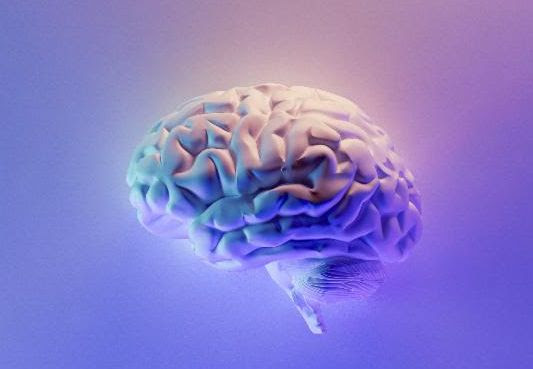If you have been feeling forgetful or experiencing brain fog you are not alone. Many of our patients come to us under high degrees of stress and worry about the state of their mental clarity but are unsure of what to do. These days it is easier said than done to reduce stress, slow down, and get more sleep; all tried and true ways to improve mental functioning.
If this sounds too familiar, fear not! We have some simple ideas for you! There are some easy, yet significant health tips you can begin to incorporate to improve your brain health and mental clarity.
We love meditation and breathing practices. Supporting the parasympathetic (rest and digest) nervous system through mindfulness and belly breathing helps by getting us out of the fight or flight and tunnel-visioned nervous system response. This allows us to practice using our whole brain. When we use our whole brain, we have access to so many more memories, creativity, and clarity.
Did you know that the brain is made up of 60% fat? Another great thing for brain health is high quality anti-inflammatory fats. You can make a significant difference in your mental function by including healthy fats in your daily diet. Examples of these are wild caught fatty fish (like salmon), avocados, nuts, seeds, and even 100% grass-fed beef. Many of these sources are also high in protein. When we eat in a balanced way with healthy fats and proteins, we keep blood sugars balanced. This aids in cognition, reduced stress, and supports mental stability.
In our practice, we often prescribe anti-inflammatory oils like fish, flax, or algae oils to patients’ treatment plans. These oils contain omega-3 fatty acids which are deficient in many standard American diets. They help to reduce inflammation, lower triglycerides, and protect many organs in the body including those in the cardiovascular system. In the brain and nervous system, these fats nourish the myelin sheath or the protection layer around all the nerves that are in the brain. This will help the firing of nerve impulses, speeding the conduction of the nervous system response, and supports overall brain function.
To offset the damage to the myelin sheath from inflammation; using anti-inflammatory oils can make a significant impact for protecting the brain and improving cognition.
One other very important piece of brain health is detoxification. Throughout the entire body, our fat tissues are where we store nutrients that the body might need in the future. The body does not differentiate between good and bad fats, healthy and toxic substances. So if we are ingesting animals or plants that have been exposed to toxins, those toxins will be in their cells and accumulate more in fat cells (adipose tissue). This will also mean that our bodies will absorb these components when we consume these animals or plants. Because of the aforementioned fat content of the brain, it is of utmost importance to take in pure, fresh, and clean sources of high fat foods and supplements so you are not adding more fuel to the fire.
If you have not had access to these foods or simply did not know better until now, then detoxification is a great way to support your body and brain. In previous newsletters, we have referenced the importance of detoxification and the ways that it benefits the body. The brain is yet another area where this is true. If you have tried the above measures but are still experiencing brain fog, memory issues, or other neurological issues, detoxification may be the way to go. Please schedule today and one of our experienced providers will support you through this process and get you back to optimal brain health.



